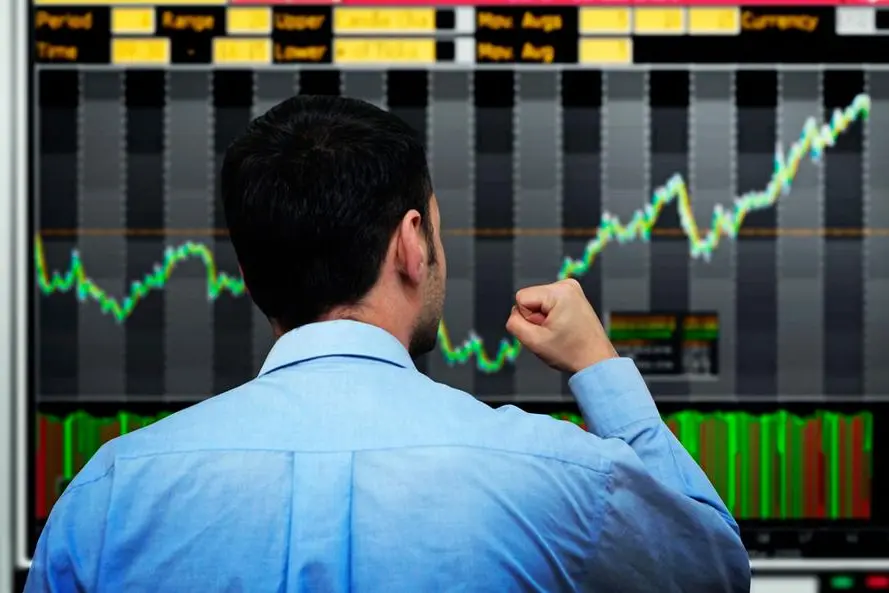PHOTO
Gulf equities will continue to fall if oil prices reach the crucial point of $70 per barrel, an analyst said, after GCC markets fell on Monday in response to US recession fears.
While some saw the selloff as premature, Bhavik Mehta, deputy head of research, Century Financial, said the stress point for GCC markets was Brent crude prices, which have trended downwards over the past month, reaching a floor of $74 early Monday.
As GCC stock markets followed the global selloff trend, Dubai Financial Market (DFM) closed 4.52% down on Monday, Abu Dhabi Securities Exchange (ADX) was down 3.417%, The Saudi Arabian stock market Tadawul down 2.13% and Kuwait by 2.13%.
Mehta said ‘everything and anything’ was being sold, even gold, perceived to be a safe haven asset, fell at its fastest rate in a day in recent history according to Dubai traders.
“It’s no wonder that the Gulf equities have reacted so negatively,” he said.
If there is a nosedive in oil prices, it will be a big risk for Gulf equities, he said, as no matter what diversification is going on, hydrocarbon revenues are still 50-60% of key Gulf economies the UAE and Saudi Arabia, with the level higher for Qatar for gas revenues, and higher for Kuwait for oil revenues.
When will stabilisation come?
Typically, in scenarios of US recession fears, stabilisation should happen, but recovery will be a slow, drawn-out affair, Mehta said.
How US tech stocks pan out will be a key factor, he said, and if falls continue on Tuesday, overall movement will continue to be negative.
As major DFM names Emaar Development and Emirates NBD fell by 8.45% and 3.67% on Monday, Mehta said Century prefers companies such as DEWA, Salik and Parkin, which have a sufficient amount of cash, and typically pay 6-7% dividends.
Impact on Dubai real estate
Dubai real estate market macros are solid, Mehta said, with high valuations and rents increasing year on year and investors still willing to pay high prices over the past year.
On Monday, the real estate sector in Dubai's stock market, particularly led by Emaar Properties, was the hardest hit, with a decline of over 8%.
But if the overall global investment climate becomes negative, there will be a selloff risk in equities, and that will affect the main riskiest sector, which is real estate, he said.
There may therefore be a medium-term impact on Dubai real estate, he said, but it is not yet certain as other factors are involved.
(Reporting by Imogen Lillywhite; imogen.lillywhite@lseg.com; editing by Seban Scaria)




















